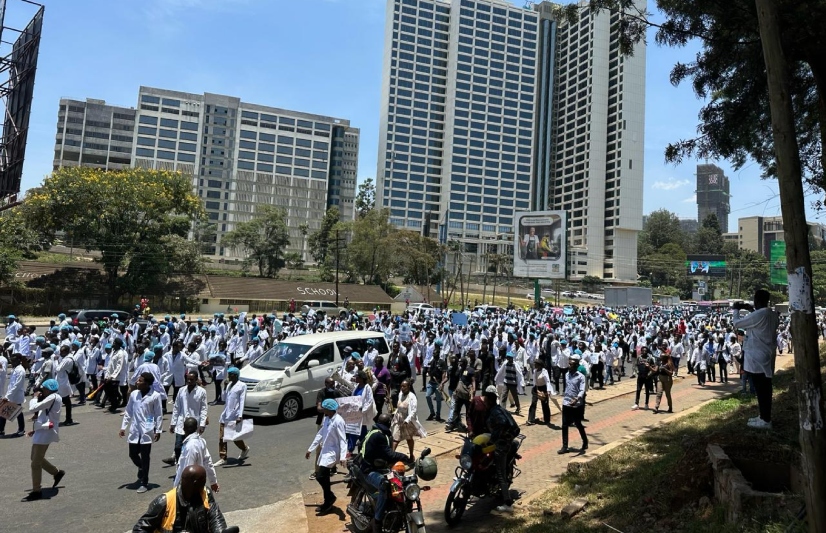Strike is rolling back reproductive healthcare gains
By Print Print, April 25, 2024It has been over a month since the doctors strike started leading to disruption of healthcare services in public healthcare facilities in the country.
This strike may roll back years of hard work, particularly in ensuring reproductive healthcare services are available to all women.
Strikes disrupt the availability of reproductive health services such as prenatal care, postnatal care, and family planning counselling. This can have adverse effects on maternal and infant health outcomes.
Accesses to testing and treatment for sexually transmitted infections (STIs) is also affected during strikes. This leads to undiagnosed or untreated STIs, which can have long-term health consequences and contribute to the spread of infections within communities.
Accesses to emergency drugs such as PEP or PREP is limited during doctor strikes. This can be particularly concerning for individuals who require timely access to prevent HIV after unprotected sex.
Its time for the government and Kenya Medical Practitioners Pharmacists and Dentists Union (KMPDU) to reach an agreement and find a long-term solution.
As the KMPDU secretary general said “you can’t say healthcare is essential if you can’t budget for it.”
For the sake of all Kenyans, Lets uphold human rights including affordable, accessible and adequate healthcare services.
Let us put the health care of our vulnerable groups in mind as we look for an amicable agreement. As doctors and the government go back and forth, let’s be aware of the suffering of those that need these services the most, people that cannot afford to seek healthcare services anywhere else.
—Purity Nthiana
—pnthiana@gmail.com
More Articles

